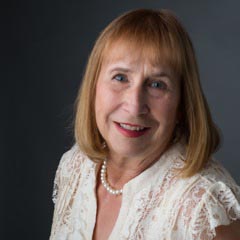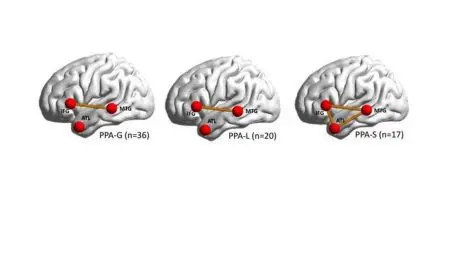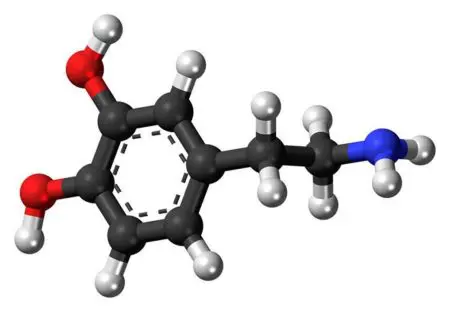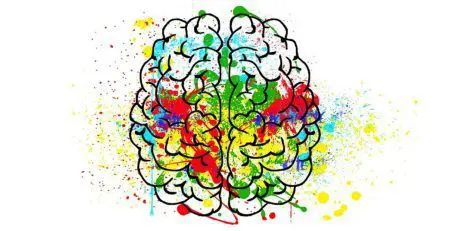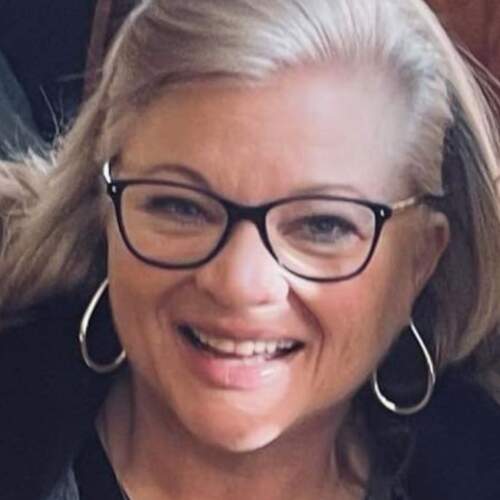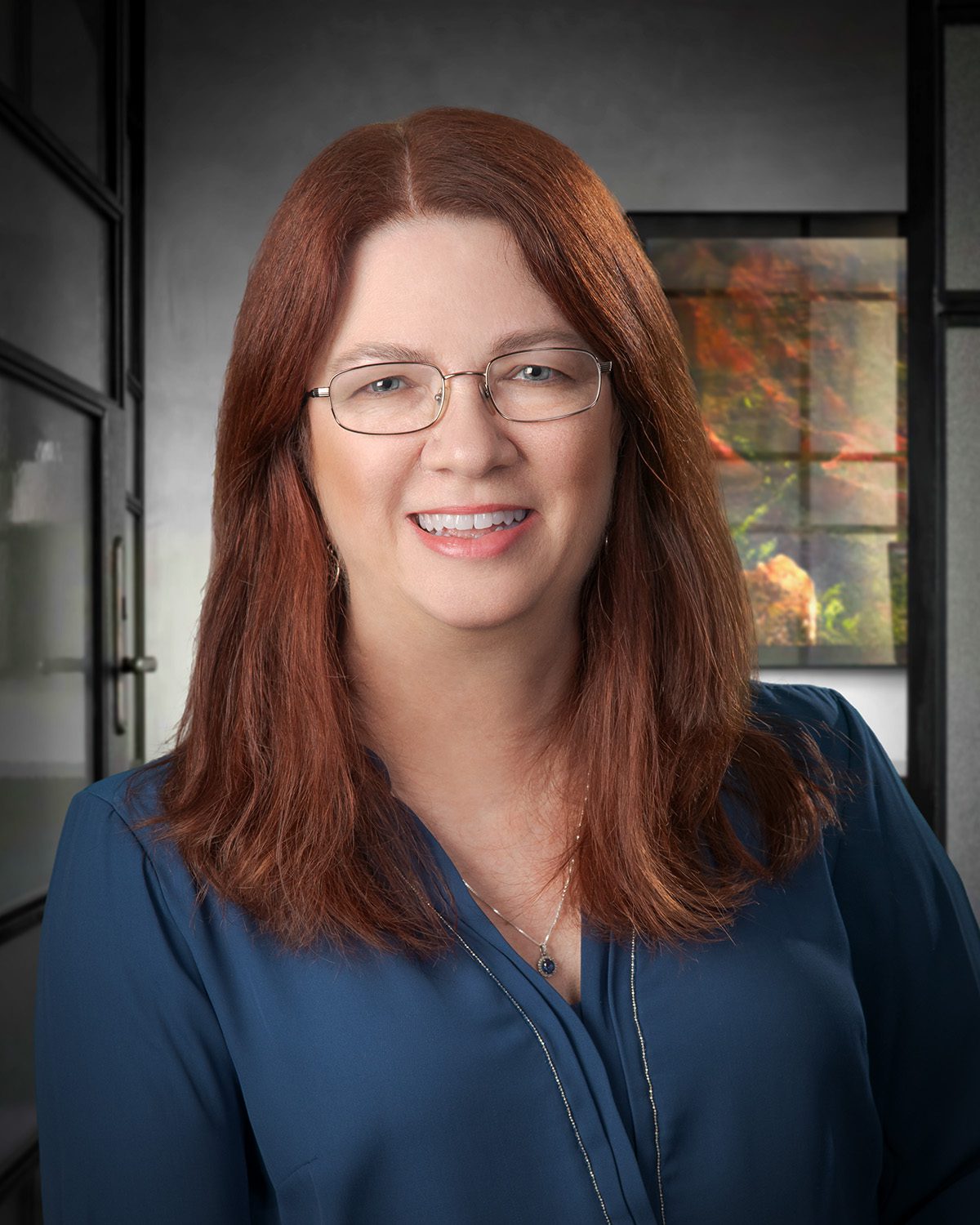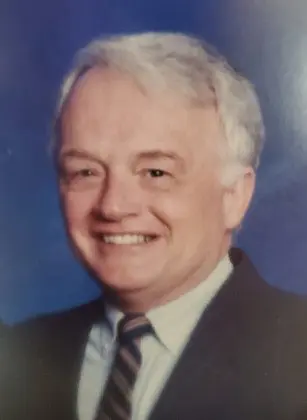
I was holding my husband last night when he took his last breath. He left this earth at 10:55 pm (June 19, 2020 with acute pulmonary edema) after a week of declining health. No, it was not the Covid-1…
I was holding my hus…
I was holding my husband last night when he took his last breath. He left this earth at 10:55 pm (June 19, 2020 with acute pulmonary edema) after a week of declining health. No, it was not the Covid-19. It was after 21 years of fighting heart disease and resulting vascular dementia - to stay alive because he loved life. I am very happy to have been there with him as he transitioned from this world to another. I was certainly blessed with many years sharing and providing for his care. I was able to nurture and love him. He was able to champion me as he lived with his dementia. His life path al…


